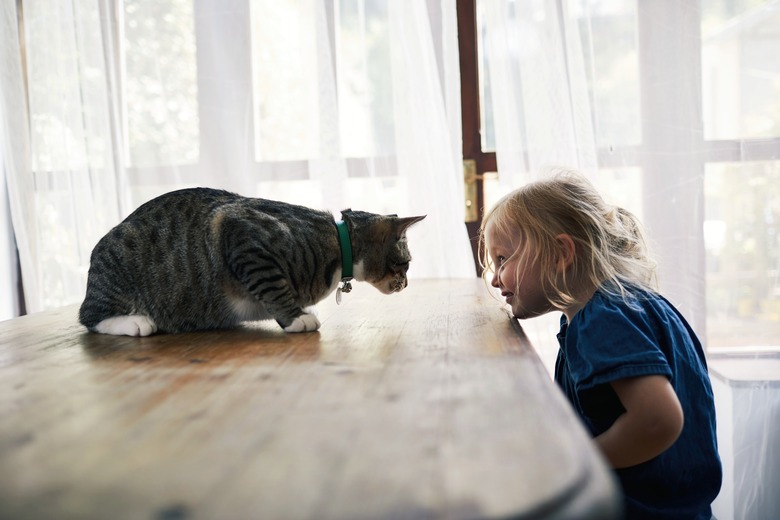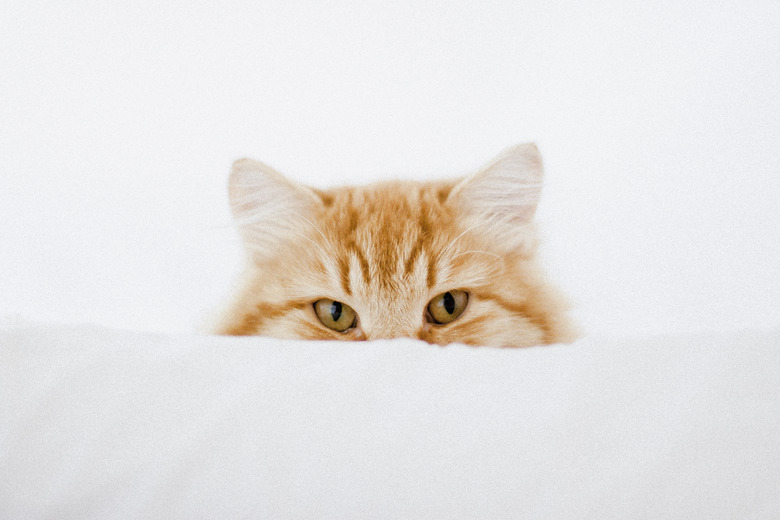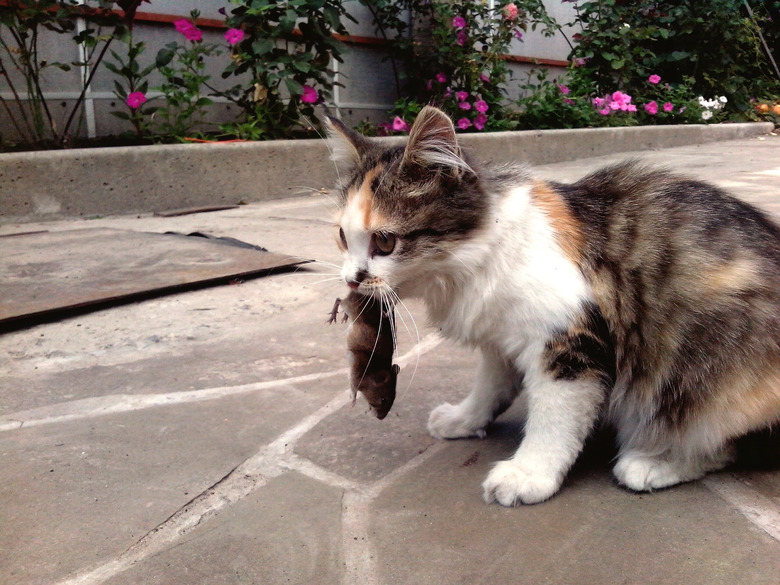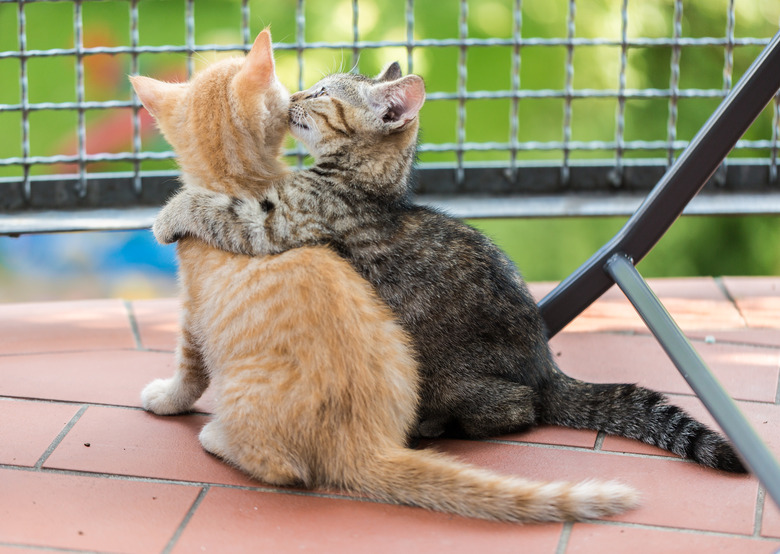What Is It Like To Be A Cat?
Cats have roamed the earth for thousands of years. While they've coexisted alongside the tumultuous tide of human evolution, cats themselves still remain as mysterious to contemporary humans as they were to our ancestors, who first encountered cats in a swath of land near the Persian Gulf known as the Fertile Crescent. Since cats began hunkering down with humans over 10,000 years ago, pet parents have wondered what is going on inside their heads? What do cats do? What do they think about? We've dug into the research to reveal what life would be like if you were a cat.
You would think that humans are just bigger cats.
You would think that humans are just bigger cats.
Scientists are fascinated by what humans think of cats because cats seem to see us as one of their own. While cats clearly understand that we're larger, they often treat humans in the same way they would treat other felines — by rubbing up against us or kneading us. So if you were a cat, you would regard humans as just being big kitties because you couldn't imagine a world where felis domesticus are not in charge.
You'd love to spend time watching everything.
You'd love to spend time watching everything.
Cats are full of curiosity and are constantly observing the world around them. As a cat, you would often spend your time absorbing everything that happens around you. You might observe your humans' routines: when they come and go and when they want to snuggle. If you were a cat, you would probably also sit by the window and watch the outside world. If you had other animal siblings, you'd likely spend plenty of time watching them.
You would love to hunt.
You would love to hunt.
According to Dr. John Bradshaw, a scientist who studies animal behavior, cats still use their hunting instincts even though they have been domesticated. Cats love toys that move and mimic prey such as cat teasers and laser pointers. Many owners report that their cats still hunt and leave them "prey" like mice and bugs. So if you were a cat, you'd have highly attuned hunting instincts, even though you might not need to use them to survive.
You would like to play hard to get.
You would like to play hard to get.
It's a common claim, particularly when comparing cats and dogs, to state that cats are indifferent to their humans and to the world in general. However, new research suggests that this claim may not be true. Researchers set up a study to test whether a cat preferred more: humans, toys or food. The study revealed that cats spent more time with their humans, rather than some of their other favorite things. So maybe cats aren't indifferent to humans; they're smart enough to act indifferently.
You would be both an introvert and an extrovert.
You would be both an introvert and an extrovert.
Cats begin their social lives nurtured by the strong bonds of parent and child, as well as bonds formed with their siblings. But scientists explain that cats are "facultatively social" animals, which means they can live both socially and solitarily. So if you were a cat, one day you might enjoy hanging our with your humans and other animal friends, but the next day you would be totally fine spending time by yourself with little social interaction.
You'd understand nonverbal communication.
You'd understand nonverbal communication.
Humans often notice that their cats frequently stare at us. Cats track their human's movement because they're assessing our behavior. As a cat, you would have the ability to read your human's mood and behavior. You would use that information to decide on how to best manipulate your person into giving you treats and attention.
Being a cat sounds like a pretty great life.
Being a cat sounds like a pretty great life.
Between taking naps and exploring boxes, being a cat sounds like an exciting life — one might even say purr-fect!



